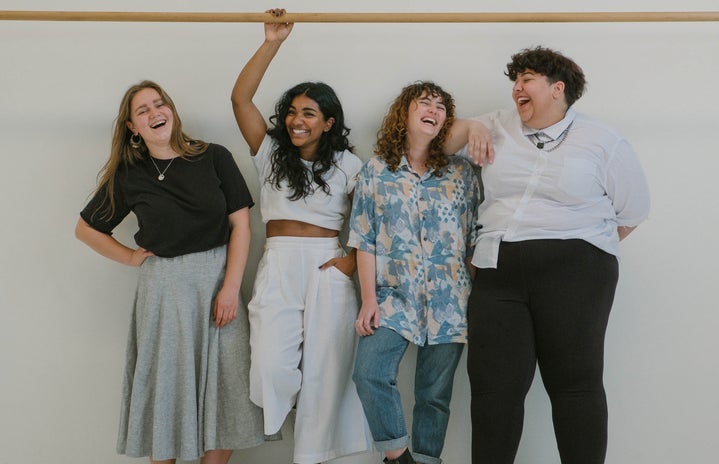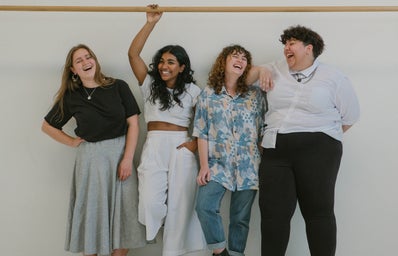Being a Journalism major attending the University of Wisconsin-Madison and trying to find classes to take that will cover my “Natural Science” and “Physical Science” curriculum is a difficult task. After realizing that chemistry was not the class for me, I decided to take “Gender and Women’s Studies 103.” Upon signing up for this class, I thought it would be quite easy since I believed I knew everything there was to know about sex. However, I soon realized that the sexual education that my peers and I underwent during our highschool and middle school years was construed and lack luster about what sex really is.
Comprehensive sexual education that many young individuals are being taught in public and private schools tends to gear curriculum toward cisgender, heterosexual people. This means that many of the discussions in sex ed is in regards to straight people who identify with their birth sex. These lesson plans tend to leave out individuals who are intersex and/or part of the LGBTQ+ community, specifically how sexual experiences and reproductive organs are not cut-and-dried topics.

While taking this gender and women’s studies course, I read a lot of material having to do with this topic and how many individuals of our society feel underrepresented when it comes to sex ed. Teen Vogue published an article called Transgender People on What They Wish They Had Learned in Sex Ed. This article describes what sex education is like for those indivudals who are transgender. The topic of genitals equaling gender is brought up multiple times and is something that I never really realized what the problems were until I read the article. Vogue explains that genitals should not be classified with genders. Rather than a penis equaling a man and a vulva equaling a woman, educators should change their language to include, “a person with a penis,” and “a person with a vulva.” This allows for the inclusion of those individuals who do not identify as cisgender to feel welcome and represented within their schools.

Another topic that is discussed in this article and within the gender and women’s studies course is the idea that sex ed is only teaching students herteronormative sex. Heteronormative sex involves putting a penis into a vagina. By only teaching about heterosexual sex, people born intersex and/or people of the LGBTQ+ community may be left with the idea that there is no way for them to safely and pleasuralby have sex. Not only are the lesson plans lacking, but so are the anatomy models, diagrams and other materials used within sex ed classes. Were you ever presented with a reproductive diagram that depicts someone who is not cisgender within a sex ed class? I wasn’t. Due to this, many poeple who are born intersex or are part of the LGBTQ+ community feel as though the are “wrong” or “not normal.” When discussing this problem within my gender and women’s studies course, I finally started to understand the problems regarding what young people are taught about sex and their bodies.

The final topic we explored when discussing sexual education in my course was the overarching rule that most seemed to be taught during middle school: abstinence. Abstinence-only lesson plans are also extremely detrimental to students’ ability to lead an informed, positive and healthy sex life. Educators should instead offer medically accurate education, discuss consent and what it means to be a part of healthy relationships.

I have never fully realized the lack of substance that I was taught about sex and reprodcutive health, rights, organs, etc. When taking this class here at UW-Madison my eyes were opened to the fact that sex education in the vast majority of schools is continuing down the wrong path. Young people deserve to be educated on what sex is and can be. They should not be sheltered by the heteronormative blanket that covers the eyes of our society. We need to change the comprehensive sexual education curriculum and start talking uncomfortably.



